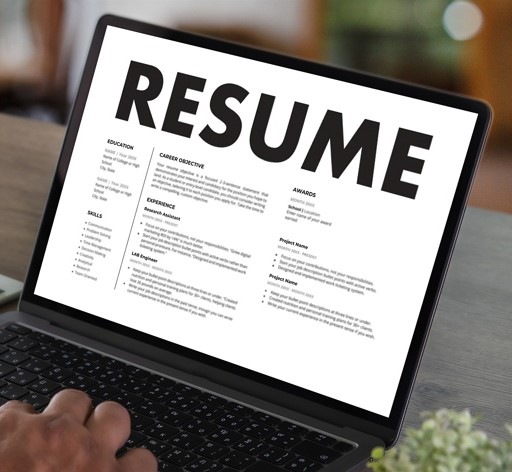In today’s competitive job market, having a resume that stands out is more important than ever. Your resume is often the first impression you make on potential employers, so it needs to showcase your skills, experience, and personality effectively. Here’s how you can make your resume not just good, but outstanding.
1. Tailor Your Resume for Each Job
A generic resume won’t cut it in a competitive job market. Tailor your resume for each job application by highlighting the skills and experiences that are most relevant to the position. Use the job description as a guide to understand what the employer is looking for and tweak your resume accordingly. This might seem time-consuming, but it dramatically increases your chances of catching a recruiter’s eye.
2. Start with a Strong Summary
The resume summary at the top of your document is your elevator pitch. It’s your chance to grab the employer’s attention in just a few sentences. Focus on what you bring to the table—your most impressive achievements, key skills, and professional goals. Be concise, but ensure that your personality and enthusiasm shine through.
3. Highlight Achievements, Not Just Duties
When listing your previous work experience, don’t just outline your job duties—highlight your achievements. Use quantifiable data to showcase your impact. For example, instead of saying “Managed a team of salespeople,” you could say, “Led a sales team of 10, increasing quarterly sales by 25%.” Numbers and specifics are more compelling and give employers a clear picture of what you can accomplish.
4. Use Keywords Wisely
Many companies use Applicant Tracking Systems (ATS) to scan resumes before they ever reach a human recruiter. To ensure your resume gets past these systems, use keywords from the job description. However, don’t just stuff your resume with keywords—make sure they fit naturally within your content.
5. Keep It Concise and Well-Organized
Recruiters often have hundreds of resumes to sift through, so keeping yours concise is crucial. Aim for one page if you have less than 10 years of experience, and two pages if you’re more experienced. Use bullet points to make your resume easy to skim, and organize it with clear headings and sections.
6. Showcase Relevant Skills
Include a skills section that highlights your most relevant abilities. Be honest and specific—don’t just list generic skills like “communication” or “teamwork.” Instead, focus on technical skills, software proficiencies, or specific expertise relevant to the job you’re applying for. If you have certifications or have completed relevant courses, include those as well.
7. Incorporate Design Elements (But Don’t Overdo It)
A well-designed resume can help you stand out, but be careful not to go overboard. Use clean, professional fonts and subtle color accents to enhance readability. If you’re in a creative field, you might consider adding more design elements, but always prioritize clarity and professionalism.
8. Include a Link to Your Online Portfolio or LinkedIn
If you have an online portfolio, blog, or LinkedIn profile, include the link in your resume. This gives employers the chance to learn more about you and see additional examples of your work. Make sure your online presence is up-to-date and professional, as employers are likely to check these links.
9. Proofread, Proofread, Proofread
Nothing will turn off an employer faster than a resume full of typos and grammatical errors. Proofread your resume multiple times, and consider asking a friend or mentor to review it as well. Fresh eyes can catch mistakes you might have overlooked.
10. Add a Touch of Personality
While your resume should be professional, it doesn’t have to be boring. Including a brief section about your hobbies, interests, or volunteer work can give employers a glimpse of your personality. This can be particularly useful if you’re applying to a company that values culture fit as much as qualifications.
Conclusion
Making your resume stand out involves a combination of customization, clarity, and creativity. By tailoring your resume for each job, highlighting your achievements, and incorporating a few design elements, you can create a document that not only gets you noticed but also lands you interviews. Remember, your resume is a reflection of you—make sure it’s a strong one.

